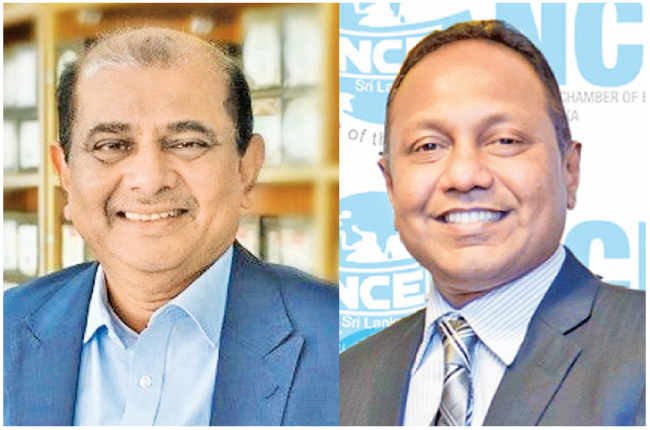July 22, Colombo (LNW): The Government has been urged to expedite Sri Lanka’s accession to Madrid Protocol to facilitate Sri Lanka exports a diverse array of goods under various trademarks, crucial for international trade and economic growth.
The National Chamber of Exporters of Sri Lanka (NCE) assists its members in exporting under their own brands, but the high cost of registering trademarks in multiple countries is a significant challenge.
Registering a trademark in ten countries incurs ten times the cost, making it prohibitively expensive for businesses. The Madrid Protocol offers a solution to this issue.
The Madrid System, managed by the World Intellectual Property Organisation (WIPO), is an international treaty that facilitates a streamlined and cost-effective way for businesses to register trademarks in multiple countries. Joining this system would benefit Sri Lankan exporters significantly.
A major advantage of the Madrid System is the reduction in trademark registration costs. Instead of registering trademarks separately in each country, businesses can file a single application with a single fee, selecting multiple countries for trademark protection. This consolidation reduces administrative and legal expenses.
Furthermore, the Madrid System simplifies the trademark registration process. With one application in one language submitted to one office, businesses can protect their trademarks in up to 128 member countries. This streamlined process saves time and effort for Sri Lankan exporters and allows centralized management of trademarks.
Jayantha Karunaratne, NCE President and a leading tea exporter, highlights the importance of Sri Lankan brands gaining recognition in international markets.
He asserts that registering their own brands brings numerous benefits to exporters and the country, enhancing the visibility and reputation of individual businesses and elevating the overall image of Sri Lankan products globally.
This recognition can lead to increased demand, better market access, and higher revenue for exporters, significantly contributing to the national economy.
Despite the clear advantages, Sri Lanka has yet to join the Madrid Protocol. The decision to accede to the Madrid Protocol has been debated for 3 to 4 years. Although Sri Lanka agreed to accede to the protocol in 2017, the process has faced delays.
As of February 2020, the Sri Lankan government had approved accession to the Madrid Protocol, but the process remains incomplete. Necessary legal provisions must be included in the National Intellectual Property Act No. 36 of 2003 to finalize this accession. While the bill has been drafted, it has not yet been enacted.
In his 2023/2024 National Budget Speech, President Ranil Wickremasinghe acknowledged the hurdles exporters face in registering trademarks globally, citing time and financial constraints. During a November 2023 meeting, the Secretary to the Ministry of Trade, Commerce, and Food Security assured stakeholders that the accession process would accelerate, in line with the President’s commitment outlined in the budget speech. However, as of June 2024, the Director General of the Intellectual Property Office reported that the legal draftsman had forwarded the draft bill relating to accession to the Madrid Protocol to the Attorney General for a constitutional review, and feedback is still awaited.

